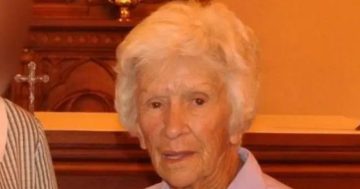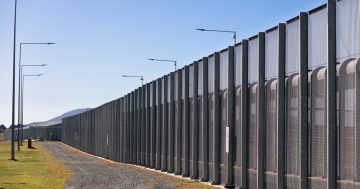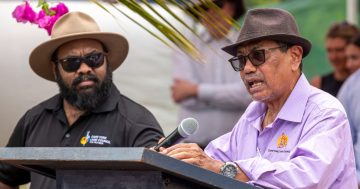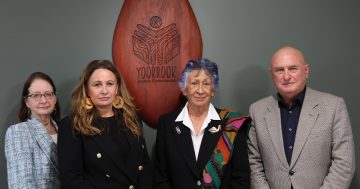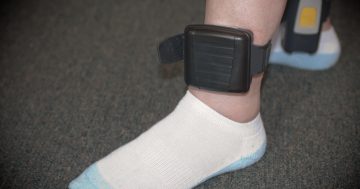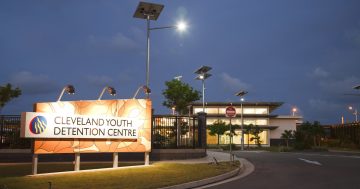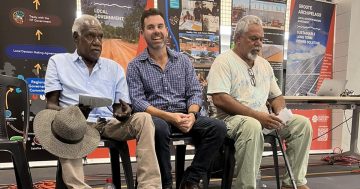 Aboriginal people facing criminal charges are more likely to be refused bail by police than similar non-Aboriginal defendants, according to a new study by the NSW Bureau of Crime Statistics and Research (BOCSAR).
Aboriginal people facing criminal charges are more likely to be refused bail by police than similar non-Aboriginal defendants, according to a new study by the NSW Bureau of Crime Statistics and Research (BOCSAR).
Executive Director of BOCSAR, Jackie Fitzgerald said the report, What factors influence police and court bail decisions?, analysed more than 500,000 bail decisions to determine the relative importance of various defendant and case characteristics in decisions made by police and courts.
“As expected, BOCSAR found that legal factors had the largest impact on police and court decisions to refuse bail,” Ms Fitzgerald said.
“The strongest predictors of bail refusal were whether the offence carried a presumption against bail, offence seriousness, concurrent charges, prior offending and prior imprisonment,” she said.
“However, certain demographic factors were also associated with the probability of being refused bail even after controlling for other factors.”
Ms Fitzgerald said Aboriginal defendants were more likely to be refused bail by police than non-Aboriginal defendants.
She said male defendants and those aged between 35 and 44 years were also more likely to be refused bail by both police and the courts.
“Given the over-representation of Aboriginal people in custody, the finding that Aboriginal people appear to receive less favourable police bail decisions warrants further investigation,” she said.
“Among people on remand, 25 per cent of adults and 45 per cent of young people are Aboriginal.”
Ms Fitzgerald said it was possible that Aboriginal people were disadvantaged in police bail decisions and that this was contributing to their over-representation in custody.
“A new study is planned to determine definitively whether the Aboriginal bail result reported here is due to bias or a factor not controlled for in this research,” she said.
BOCSAR’s 32-page Report can be accessed at this PS News link.




